From hip urban cities to glittering fjords, northern lights, and remote villages above the Arctic Circle – Norway is a veeery long country, packed with things to see and do. So, where do you start? To get the most out of your holiday, we recommend that you choose one or two regions to explore. Here are some of the highlights!
1. The Oslo region
A lot of things are cooking in the Norwegian capital, Oslo, a city that has been given a major facelift during the last decade. Funky new neighbourhoods, steaming hot floating saunas, a fully-packed event calendar, and several brand-new museums and attractions is just a taste of what to expect.
With the Oslofjord and big forests right next door, you can easily combine urban life with nature-based fun like cycling, hiking, or skiing at some of Norway's top ski resorts. There is also plenty to see and do in the nearby regions of Østfold and Vestfold, with charming towns such as Fredrikstad and Tønsberg dotted along the coast.
About an hour’s drive from Oslo lies Norway’s new art destination Hadeland, where you can visit the wonderful outdoor art park at the Kistefos Museum and the spectacular building The Twist, exhibiting top modern art.
2. Tromsø and the land of the northern lights
The capital of the Arctic, Tromsø, is located right in the middle of Northern Norway. If your bucket list includes the northern lights, whale watching, the midnight sun, and epic nature adventures, this is definitely where you want to go.
Enjoy superb conditions for ski touring, biking and hiking in the Lyngenfjord region, experience the Sami culture in towns like Karasjok and Alta, and enter the northernmost point of Europe at the North Cape.
In the eastern part of this vast region, you’ll find the Varanger peninsula, which is a bird watcher’s paradise. Go king crab fishing and dog sledding in Kirkenes and Varanger, where you also can spend an unforgettable night in an ice hotel.
In the areas surrounding Tromsø, several unique islands are waiting to be explored, including Senja, Kvaløya, and Sommarøy.
3. Lofoten and Nordland
Staggering peaks, glittering fjords, authentic fishing villages, and picture-perfect beaches. Not to mention northern lights and midnight sun! You have probably seen jaw-dropping images of Lofoten and Vesterålen (the kingdom of whales!) on Instagram. A hot tip is to visit these places outside of the peak summer season (when the crowds are gone).
Next-level outdoor adventures also await in the skiing, biking and hiking paradise of Narvik. A lesser-known gem is Helgeland a little further south. Here, you can drive The Coastal Route between Trøndelag and Bodø, voted one of the world’s most scenic drives.
The lively coastal town of Bodø is the largest city in the county of Nordland, offering plenty of outdoor fun in the nearby Salten region as well as a booming cultural scene. In fact, Bodø will be the European Capital of Culture in 2024.
4. Bergen and the western fjords
Historical UNESCO World Heritage sites meet innovative fashion, trendy restaurants, and a progressive music scene in Norway’s second-largest city, Bergen. Visit some of the country’s top museums like the KODE art museums and composer homes, get lost in a maze of cobblestone streets, and experience the city from above at one of the seven surrounding mountain tops.
Bergen is the gateway to some of Norway’s most famous fjords, including the Sognefjord, Norway’s longest and deepest fjord, in the north, and the Hardangerfjord – where you’ll find the famous mountain plateau Trolltunga – in the south. Many of the fjords have sidearms that are at least as beautiful, but far less busy.
Travel to the fjord village of Flåm with the Bergen Railway Line and the Flåm Railway Line, voted one of the world’s most beautiful train journeys. For outdoor fun in epic surroundings, visit Voss and Nordfjord.
5. The Geirangerfjord and the Northwest
The picturesque art nouveau town of Ålesund is an ideal starting point for a fjord adventure in the Northwest, situated in the northern part of Fjord Norway. This region attracts avowed outdoor buffs all year round. From Ålesund, you can travel by boat or bus to the UNESCO-listed Geirangerfjord, Norway’s most famous fjord, with the Seven Sisters and numerous other waterfalls that run down steep mountainsides.
The mountaineering capital of Åndalsnes is another ideal base here, as it is surrounded by legendary peaks (you can either hike or ride a gondola to the top), situated only a short distance from world-famous attractions like the Trollstigen mountain road and The Atlantic Road.
Åndalsnes is the endpoint of the Rauma Railway, named one of the world’s most beautiful train journeys. The Northwest is also home to the jazz town Molde with its legendary jazz festival, and the “clipfish capital”, Kristiansund.
6.Seasons and climate in Norway
Due to the temperate waters of the Gulf Stream, Norway has a much milder climate than other parts of the world at the same latitude. The coldest areas in the winter are often inland or far to the north.
In general, the coastal areas usually have relatively mild winters while the inland parts have cold winters with plenty of snow, and hot and relatively dry summers, especially in the eastern parts of the country.
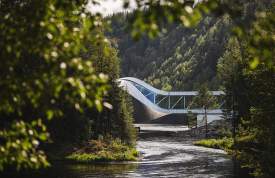
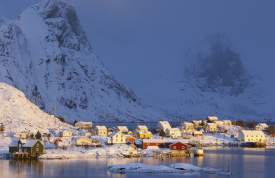
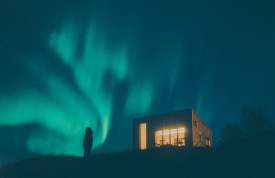
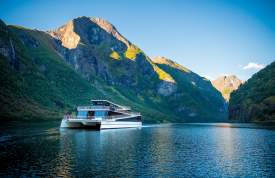
6. The Stavanger region
What do you get if you combine Michelin-starred restaurants with old wooden houses, world-class street art, and a great multicultural vibe? Travel to Stavanger and experience it for yourself. Stavanger is the largest city in the southwestern part of the country, and an ideal starting point if you want to take in famous natural attractions such as the Lysefjord and Preikestolen (The Pulpit Rock).
The coastal area of Jæren is a beach bum’s paradise, home to some of Norway’s widest and whitest beaches. Surfing and kitesurfing enthusiasts will also be in for a treat. Follow the North Sea Road towards Egersund and discover charming towns and villages, like picturesque Sogndalstrand, lining the coast like pearls on a string.
7. Trondheim and Trøndelag
The Trøndelag region, situated right in the middle of Norway, attracts hardcore history buffs and active nature explores alike. This is a true heaven for devoted foodies, and the region was named European Region of Gastronomy in 2022.
Go fishing, cycling, or skiing, or hike one of the nine pilgrim paths the St. Olav Ways, which all lead to the imposing Nidaros Cathedral in Trondheim. The lively and cosy student town of Trondheim is the region’s capital, known as the Home of Nordic flavours. Indulge in gastronomical experiences ranging from innovative Michelin-starred restaurants to hip food bars and cosy coffee shops.
Sample fresh local produce on the scenic detour The Golden Road in Innherred, and travel back in time in the UNESCO-listed mining town of Røros. In the Dovrefjell mountains, you can catch a glimpse of a beautiful beast – the musk oxen.
8. Kristiansand and Southern Norway
Southern Norway is the Norwegians’ own summer paradise, with lovely beaches, thousands of islands, and more hours of sun per year than most other parts of the country. Stroll through narrow streets between traditional white wooden houses in charming coastal towns like Risør, Arendal, Grimstad, Mandal, and Flekkefjord, or get to know the cradle of Norwegian folk traditions in the Setesdal valley.
The largest city in Southern Norway is Kristiansand, where you can roam through its old town, called Posebyen, indulge in fresh seafood, enjoy lazy days on the city beach, and attend several fun festivals. Dyreparken zoo and amusement park is a sure winner with the little ones. A short drive from Kristiansand lies Lindesnes lighthouse, mainland Norway’s southernmost point. Lindesnes is also where you’ll find the incredible Michelin-starred restaurant Under, the world’s largest underwater restaurant.
9. The mountains and valleys of Eastern Norway
The dense forests, deep valleys, and massive mountain plateaus of Eastern Norway are all excellent starting points for nature adventures. This is where you'll find some of Norway’s largest ski resorts, like Geilo, Trysil, and Hemsedal. They offer year-round fun, as they turn into world-class cycling and outdoor activity destinations once the snow melts.
The long valleys of Valdres, Hallingdal, and the Gudbrandsdalen valley are popular family destinations that offer everything from theme parks to quaint farms and great hikes. The same goes for the region of Telemark, where you can cruise on the Telemark canal and witness one of Eastern Norway’s most impressive views from the top of Gaustatoppen mountain.
In the central mountains, you can enjoy the national parks of Dovrefjell, Jotunheimen, and Rondane and nature-based activities like hiking, cycling, rafting, and climbing.
10. The Svalbard archipelago
Ready to take wildlife to the next level? The Svalbard archipelago lies in the middle of the Arctic Ocean, halfway between Norway and the North Pole. Here, you can participate in exotic nature-based activities all year round in a landscape that is both rugged and fragile.
Try your hand at dog sledding, go ice caving, join a snowmobile safari, or hunt the northern lights. In addition to a few thousand polar bears, the islands are home to almost 3,000 humans. The main city of Longyearbyen is a colourful mini metropolis that offers cultural activities and high-quality places to eat and drink that you usually would expect to only find in big cities.
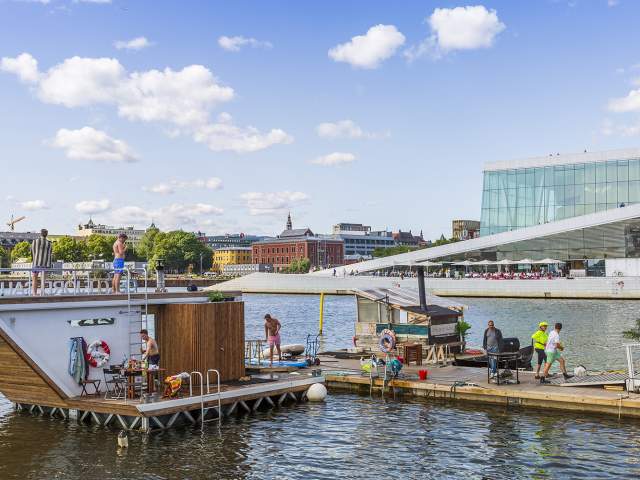
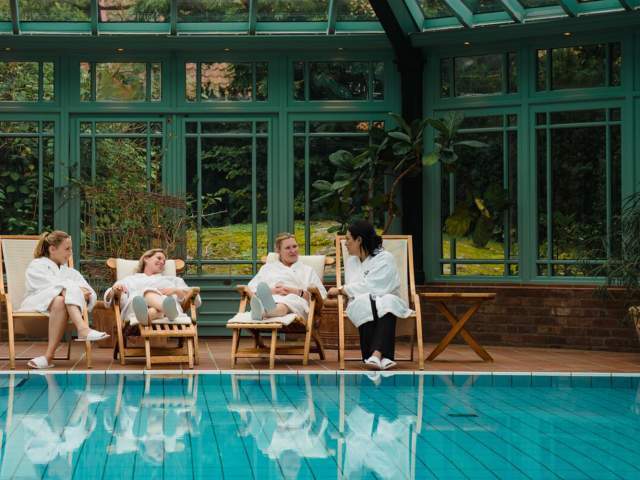
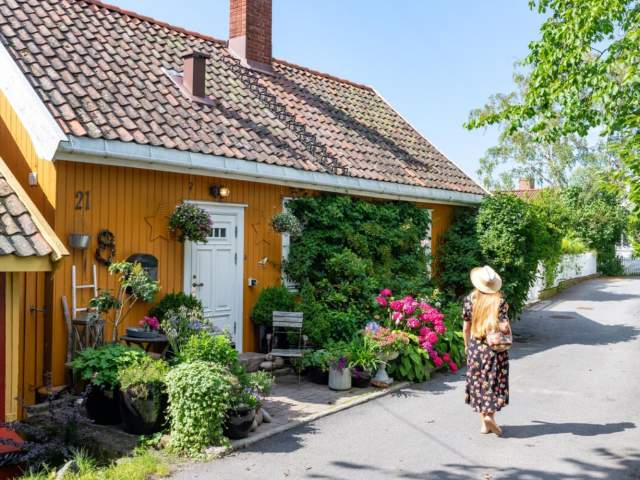
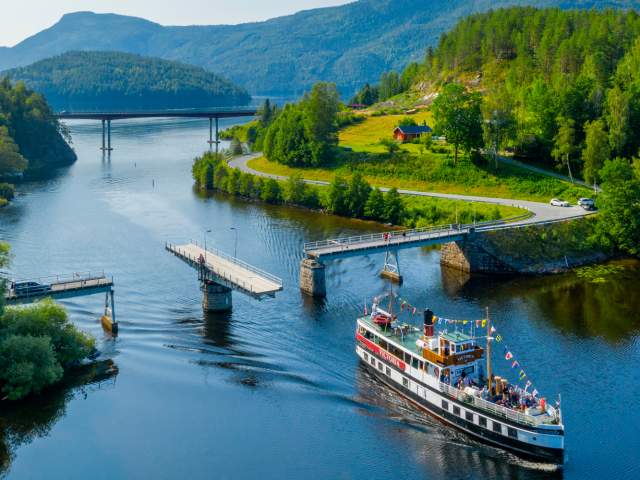

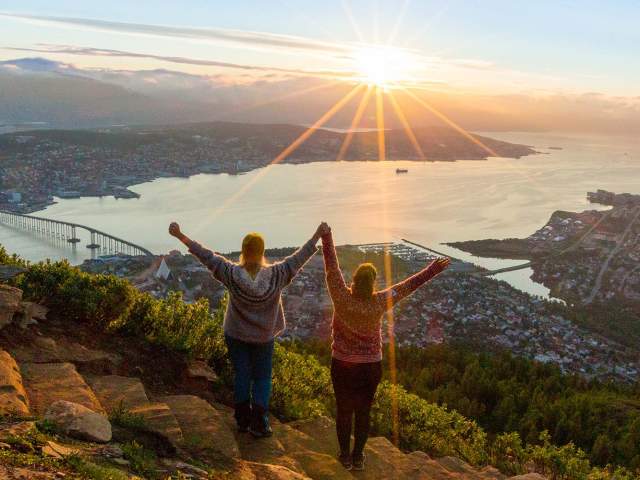
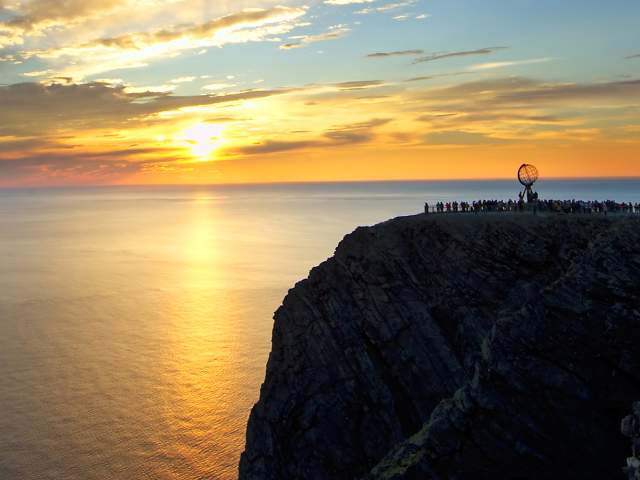
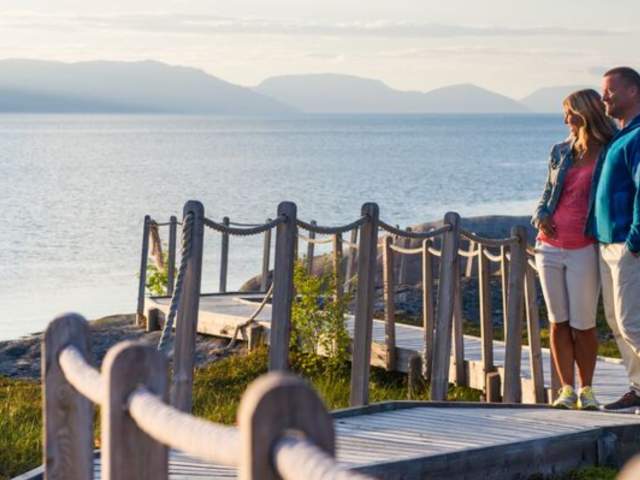
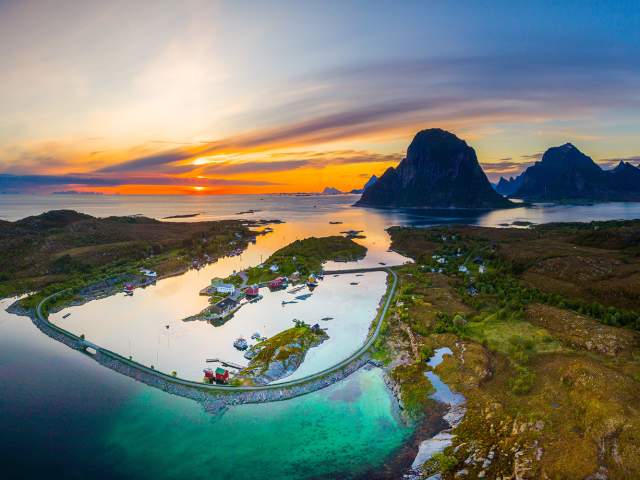
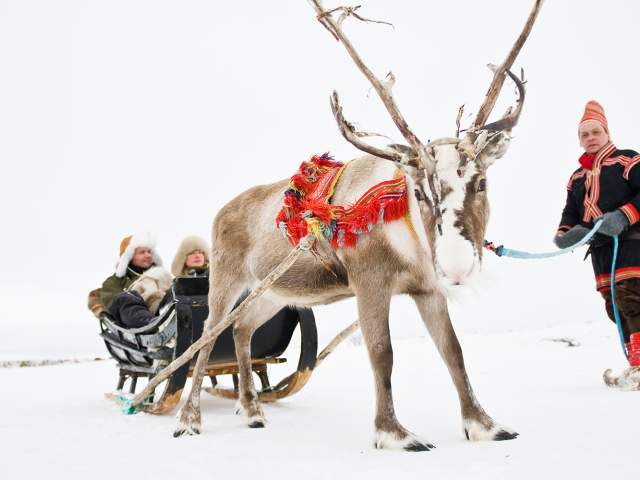
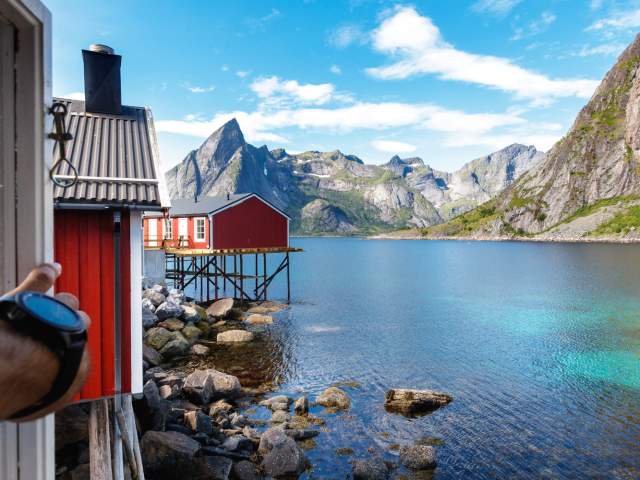
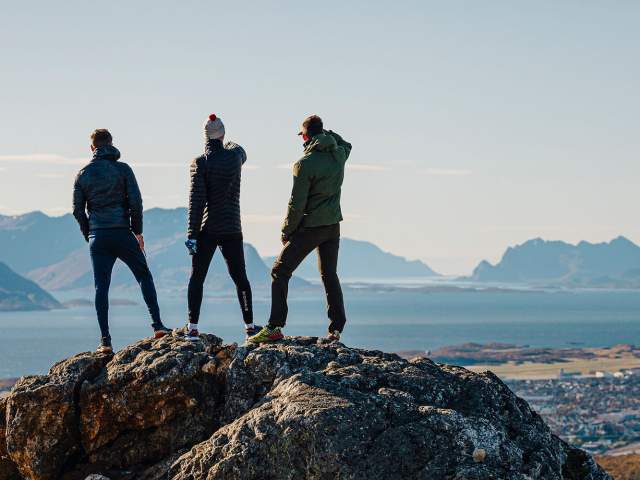
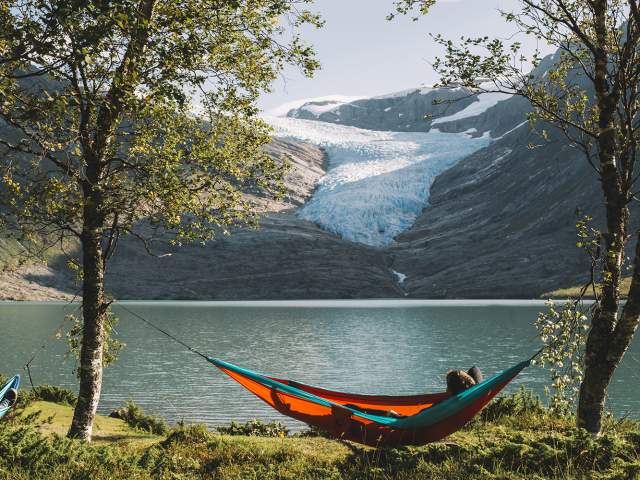
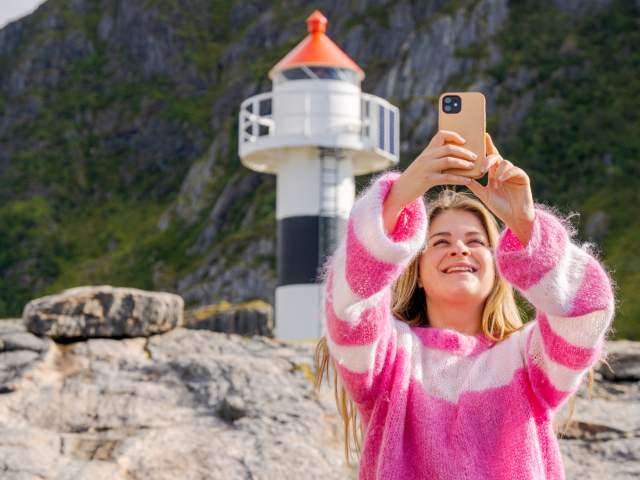
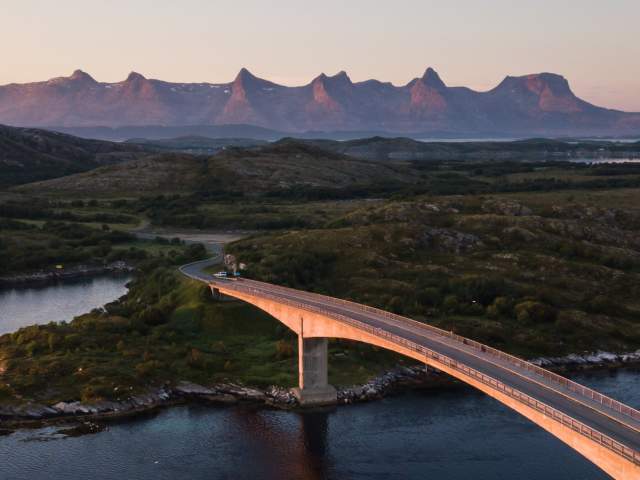
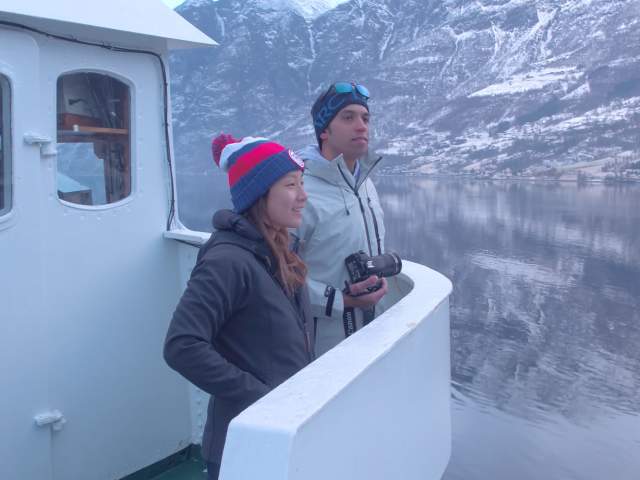
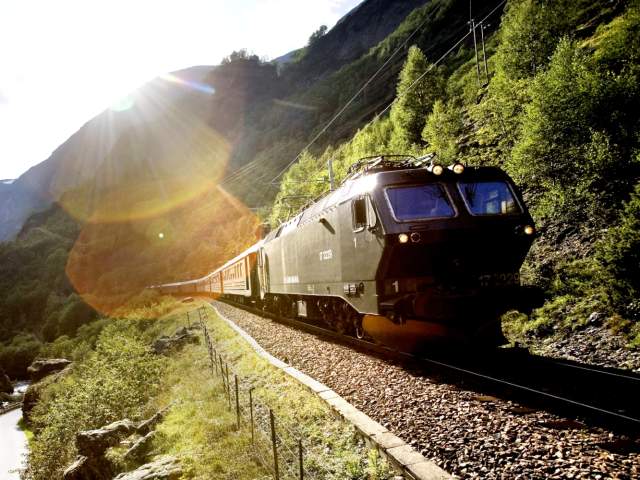
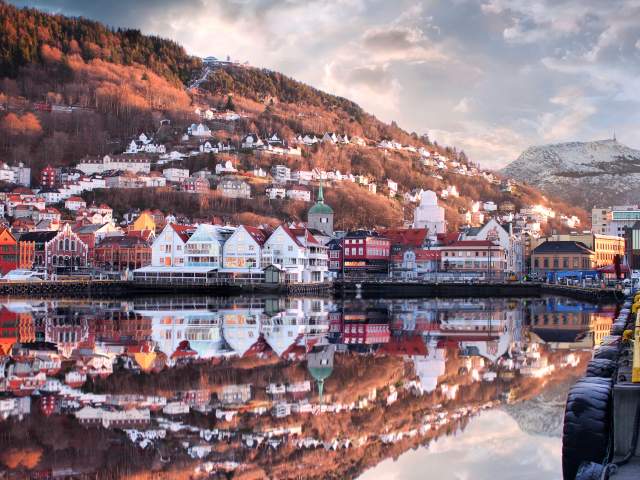
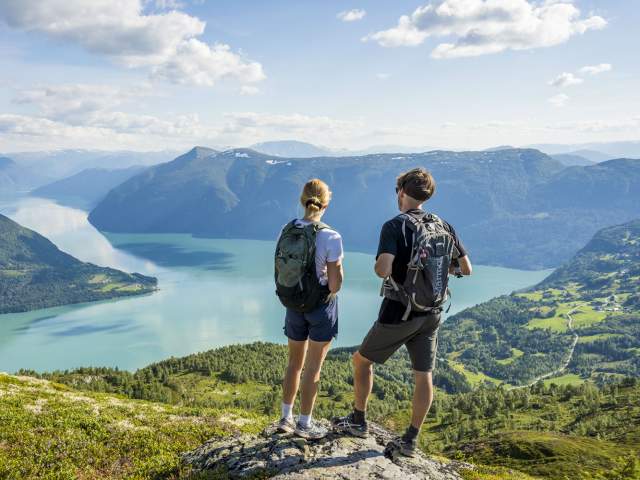
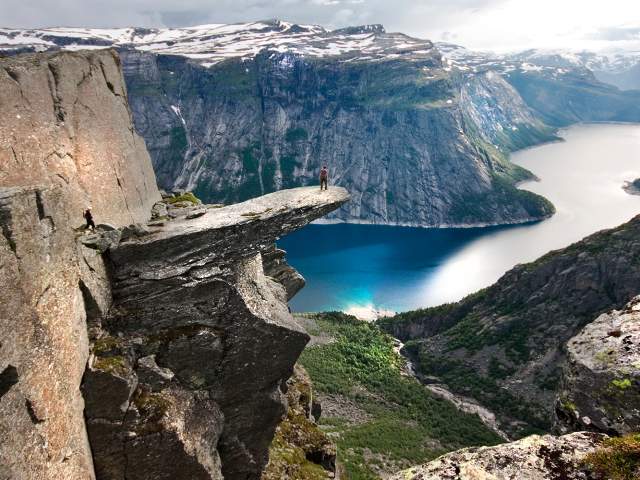
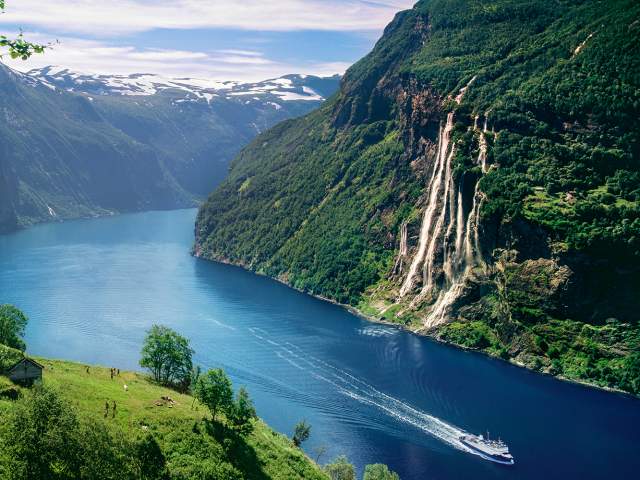
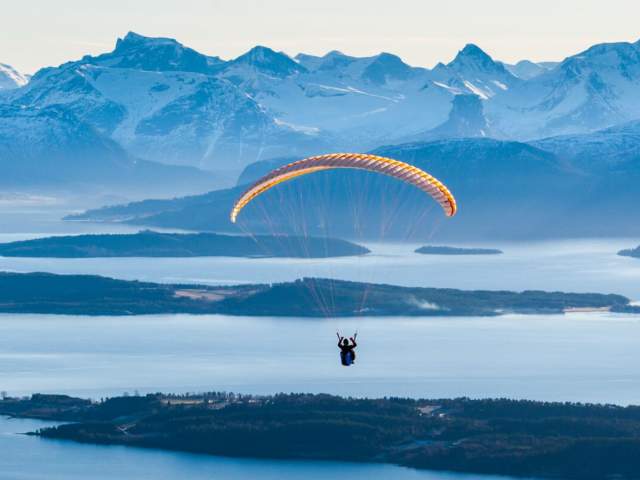
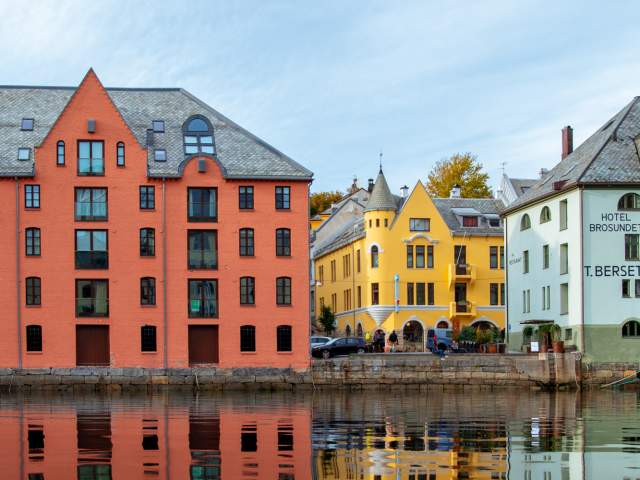
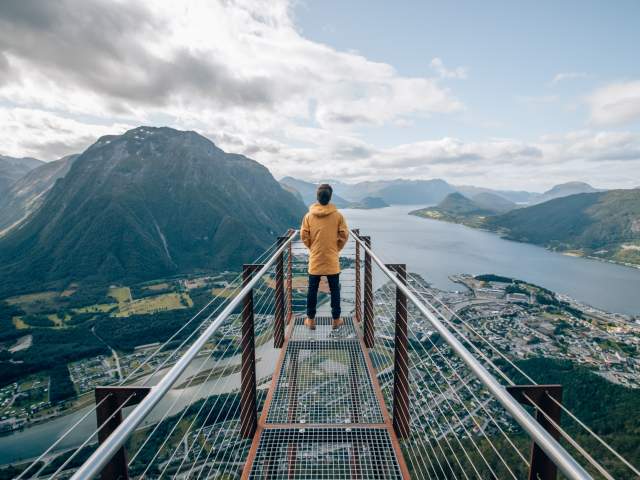
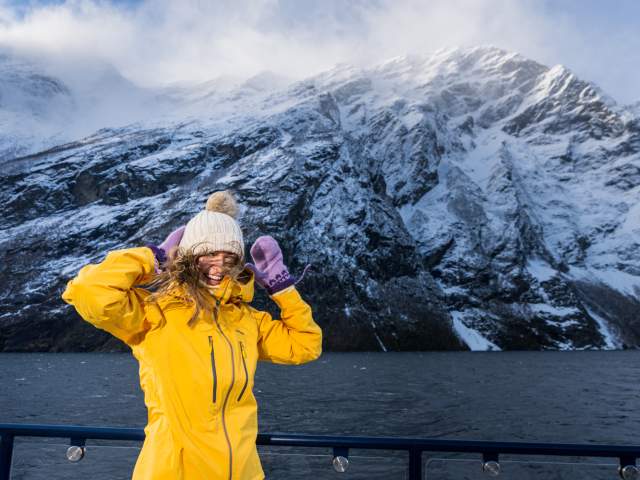
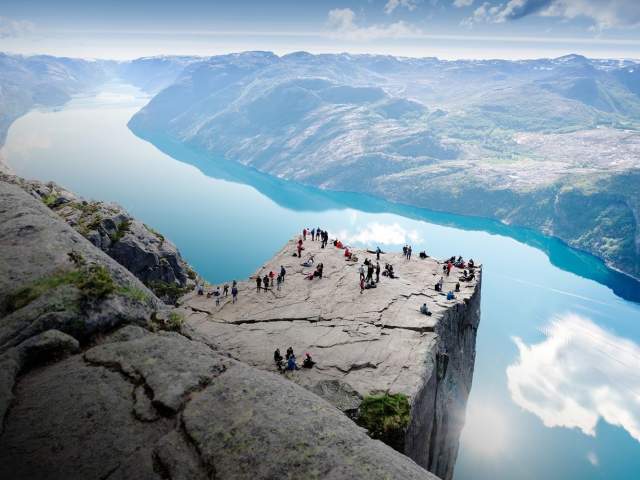
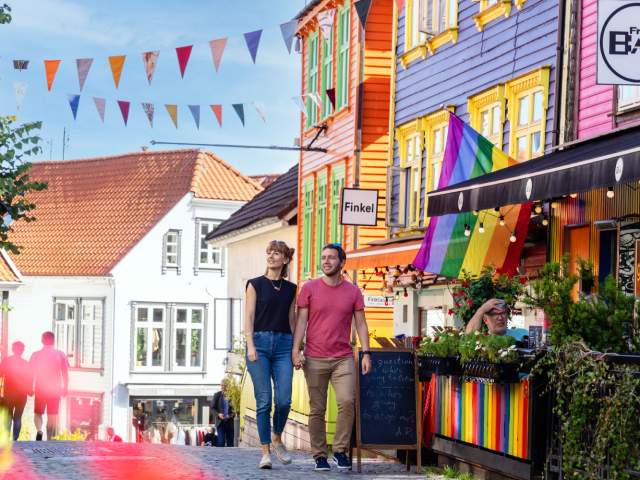
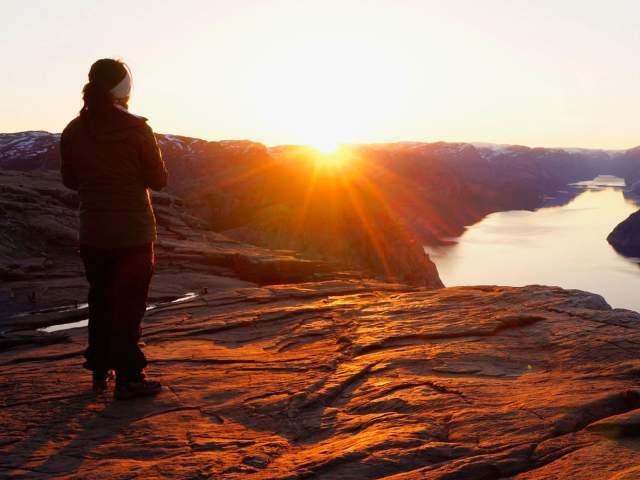
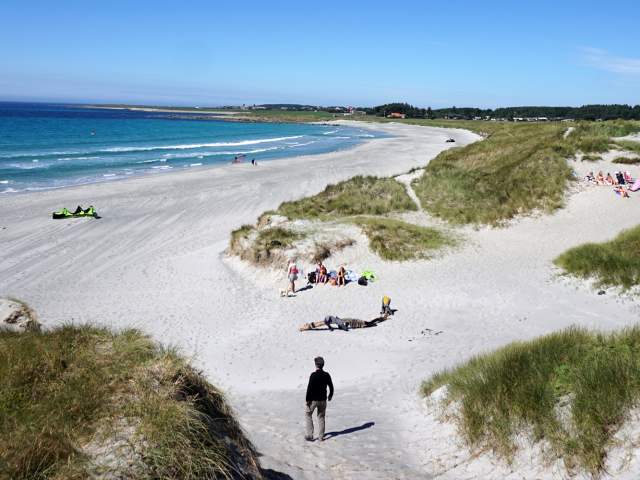
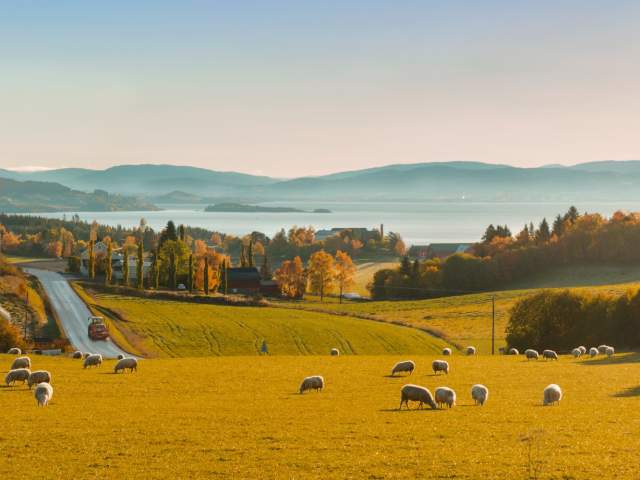
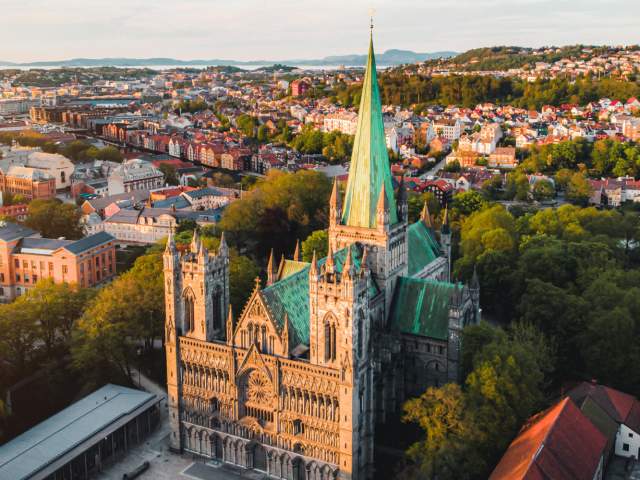
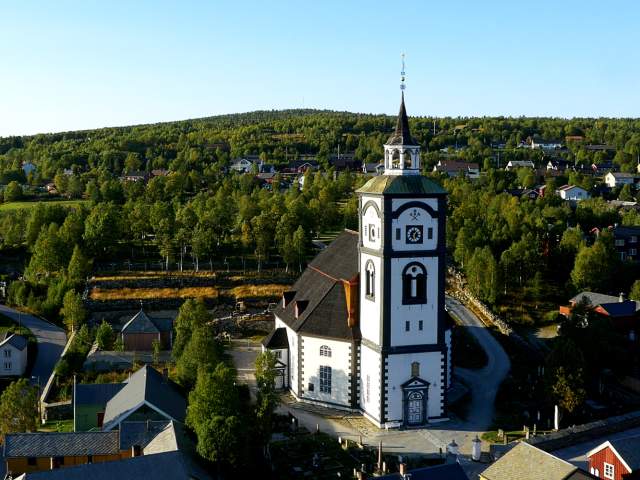

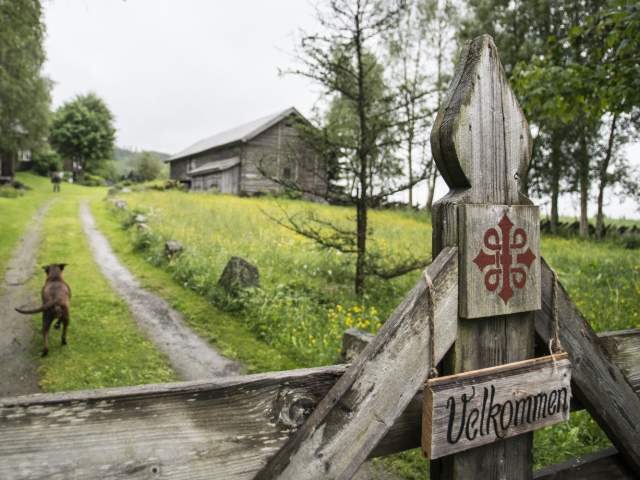
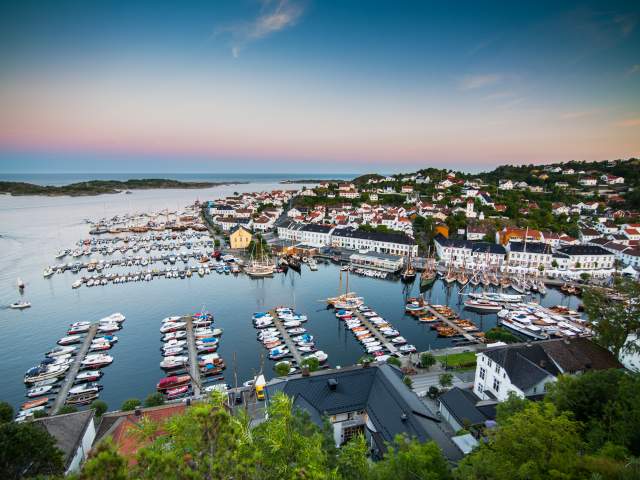
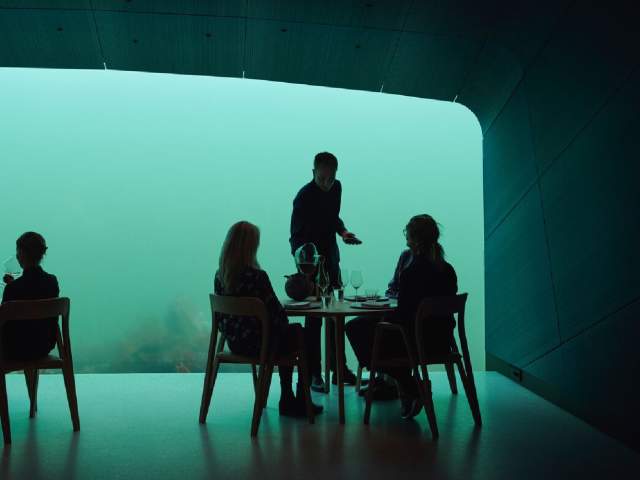
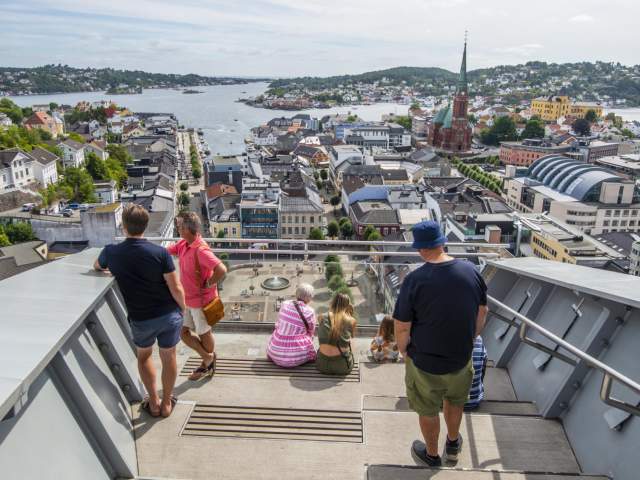
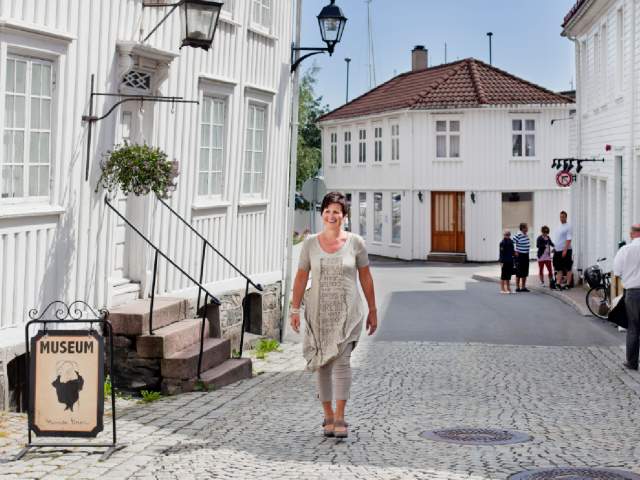
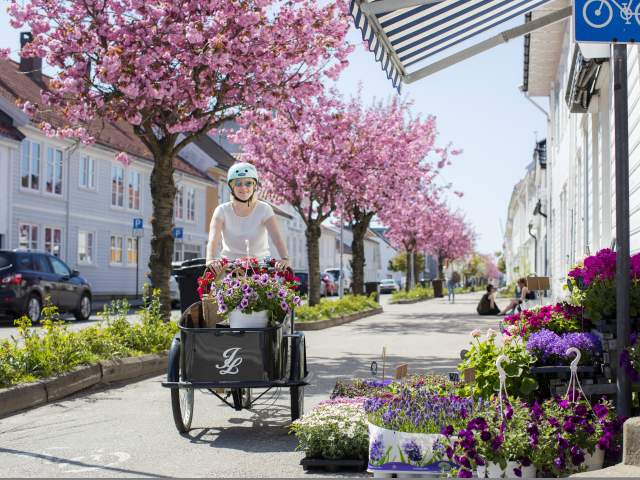
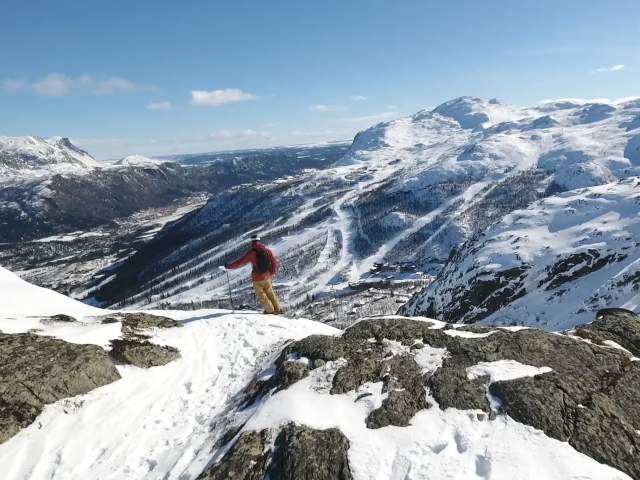
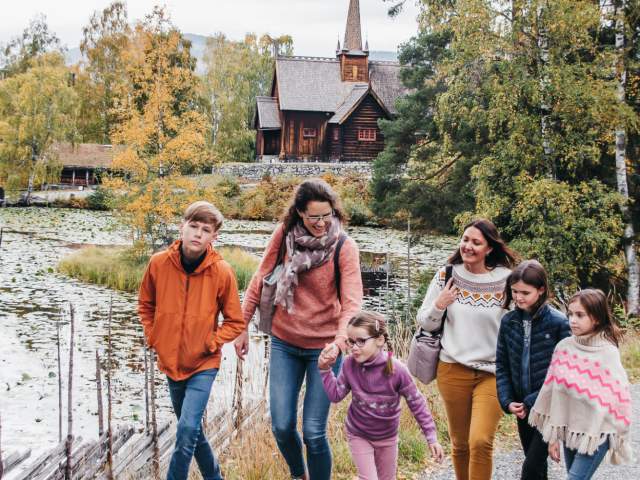
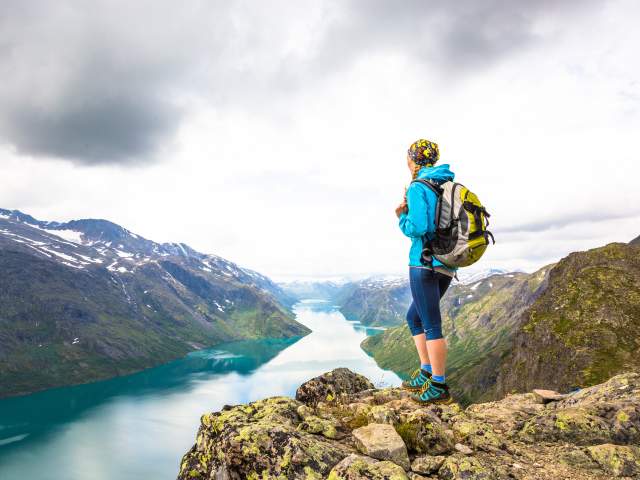
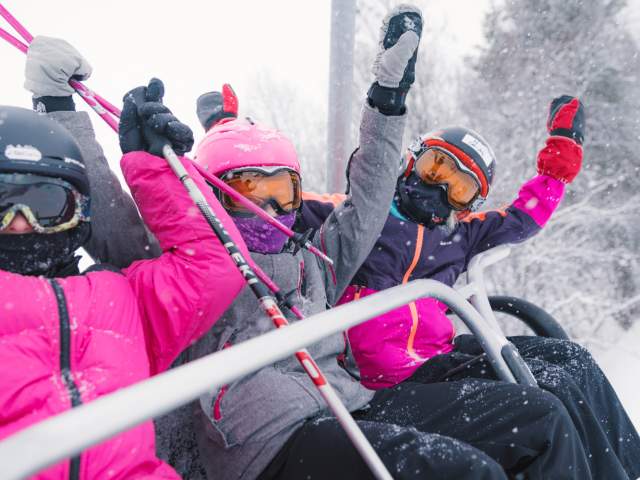
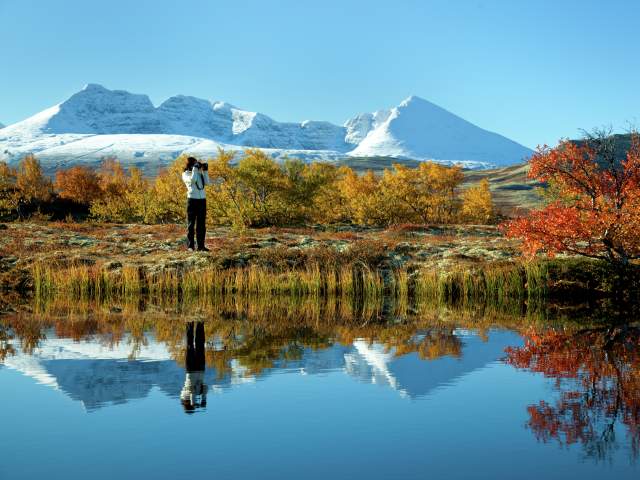
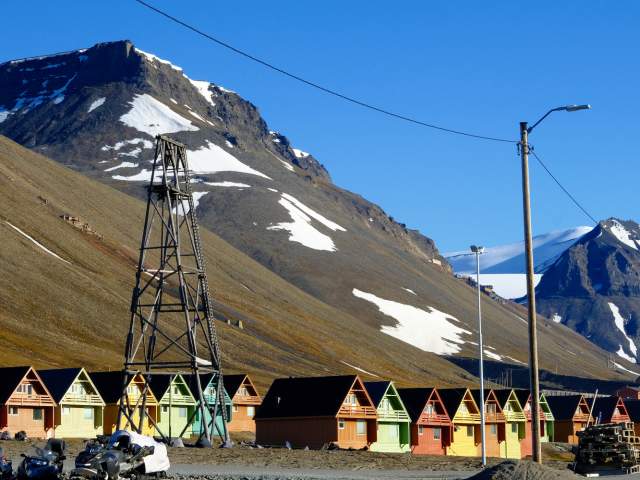
Grand Canyon Travel Guide
2023 Berlin Travel Guide: Explore the Best Places to Visit in Berlin, Germany
2023 Madrid Travel Guide: Explore the Best Places and Top Attractions in Spain's Capital
Girls Tour | America Independent Travel Super Guide & Precautions